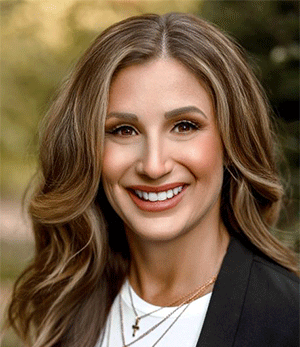Respiratory triple threat increases demand for providers
By Theresa Flaherty, Managing Editor
Updated 1:01 PM CST, Fri December 2, 2022
 YARMOUTH, Maine – An early surge in RSV and other respiratory diseases means HME providers are once again being increasingly called on to help hospitals reserve beds for the sickest patients.
YARMOUTH, Maine – An early surge in RSV and other respiratory diseases means HME providers are once again being increasingly called on to help hospitals reserve beds for the sickest patients.
“It’s definitely the most memorable RSV season in 15 years,” said Tyler Riddle, president of Tifton, Ga.-based MRS Homecare. “The fear is not there like with COVID-19, but they are leaning on us heavily. We are seeing a lot of nebulizers go out and a lot of patients sent home with oxygen.”
RSV, a common respiratory virus, can range from mild cold-like symptoms to far more serious illnesses, especially for infants and older adults. With flu rates also on the rise and COVID-19 still a serious threat, many health experts are warning of a so-called “tripledemic.”
‘It’s different this year’
The time period between Halloween and the holidays has always been a season of respiratory illnesses, but where there are usually ups and downs in the number of cases at any given time, there’s been no relief this year, says Becki Long, vice president of operations for the upper Midwest region for Minneapolis-based Pediatric Home Service.
“There’s more need than there are hospital beds and staffing,” she said. “Not only are healthy kids getting sick, but then there are kids that have an underlying medical condition, so (RSV) puts them into needing the more complex interventions they’ve been able to avoid.”
In the Minneapolis area, a looming strike by the Minnesota Nurses Association could create additional pressure on the health system by taking nurses away from bedsides, says Long.
“That just takes a situation with full children’s hospitals and adds a ripple,” she said.
Payers push priority patients
Another sign of the severity of the situation, Riddle says: UnitedHealthcare is asking him to prioritize care for RSV patients, even asking him to respond to requests within 24 hours.
“I don’t think I’ve ever seen them telling me (who to prioritize),” said Riddle. “That tells me UHC is paying significant Part A costs and recognizes DME as a lower cost alternative.”
Making accommodations
Additionally, hospitals are being more flexible in an attempt to speed up care and discharges, says Brian Wilson, COO of Commonwealth Home Health Care in Danville, Va.
“We’re having issues here and there with patients getting qualified for certain pieces of equipment, but they don’t have the tests to show the need for oxygen,” he said. “In some cases, the hospital will pay even if the patient doesn’t qualify. We tell them right up front if they’re not qualifying, and we do the appropriate paperwork to make sure we’re covered if we can’t bill for the services.”
Comments